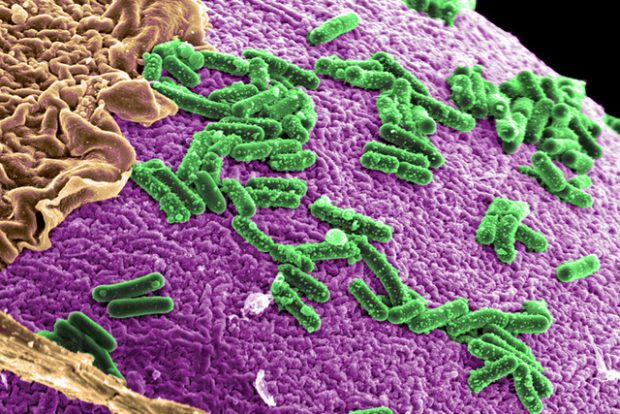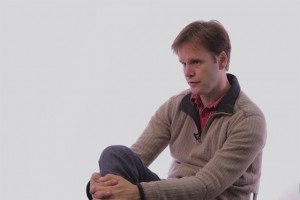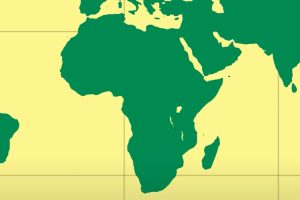Dopamine system
Psychologist Samuel McClure on neurotransmitters, errors in prediction, and neuromarketing
Why is the ‘self-eating’ of cells important? What happens when it fails? How can it be used in treating diseases? These and other questions are answered by Professor of Molecular Neurogenetics at the University of Cambridge, David Rubinsztein.
Autophagy is translated as ‘self-eating’ – auto + phagy. It’s a form of protein degradation that occurs inside the cytoplasm of cells where cells form a double-membrane vesicle around a portion of cytoplasm and then traffic those vesicles to the lysosome of the cell, and after fusion of the phagosomes with the lysosomes a lysosomal enzyme degrades all the phagic contents

Autophagy is important in various infectious diseases, so a number of groups showed that autophagy is important for getting rid of certain bacteria and viruses from cells. Autophagy also seems to be important in cancers. In cancers the role of autophagy is more complex than in a simple neurodegenerative disease scenarios, because in cancers it appears that a failure to have proper autophagy predisposes organisms to the establishment of cancers.
A recent example which related to the things that can go wrong when autophagy is compromised mildly relates to stem cells. Xiaoting Wu, who has just finished PhD in my lab, found in cell-based systems that if you impair then you increase the activity of a notch signaling pathway, and she went on to show in mouse models that this occurs also in the mouse models if you have impaired autophagy, and the consequence of that is a failure of procreation of various stem cells, including neuronal stem cells, to a more differentiated state. And so even in the brain of these mice there is impaired differentiation of stem cells into the adult neurons.

Psychologist Samuel McClure on neurotransmitters, errors in prediction, and neuromarketing

Bioinformatician Manja Marz on non-coding RNAs, the dynamic programming approach, and homology search

Dams seem to contribute significantly to malaria risk in sub-Saharan Africa